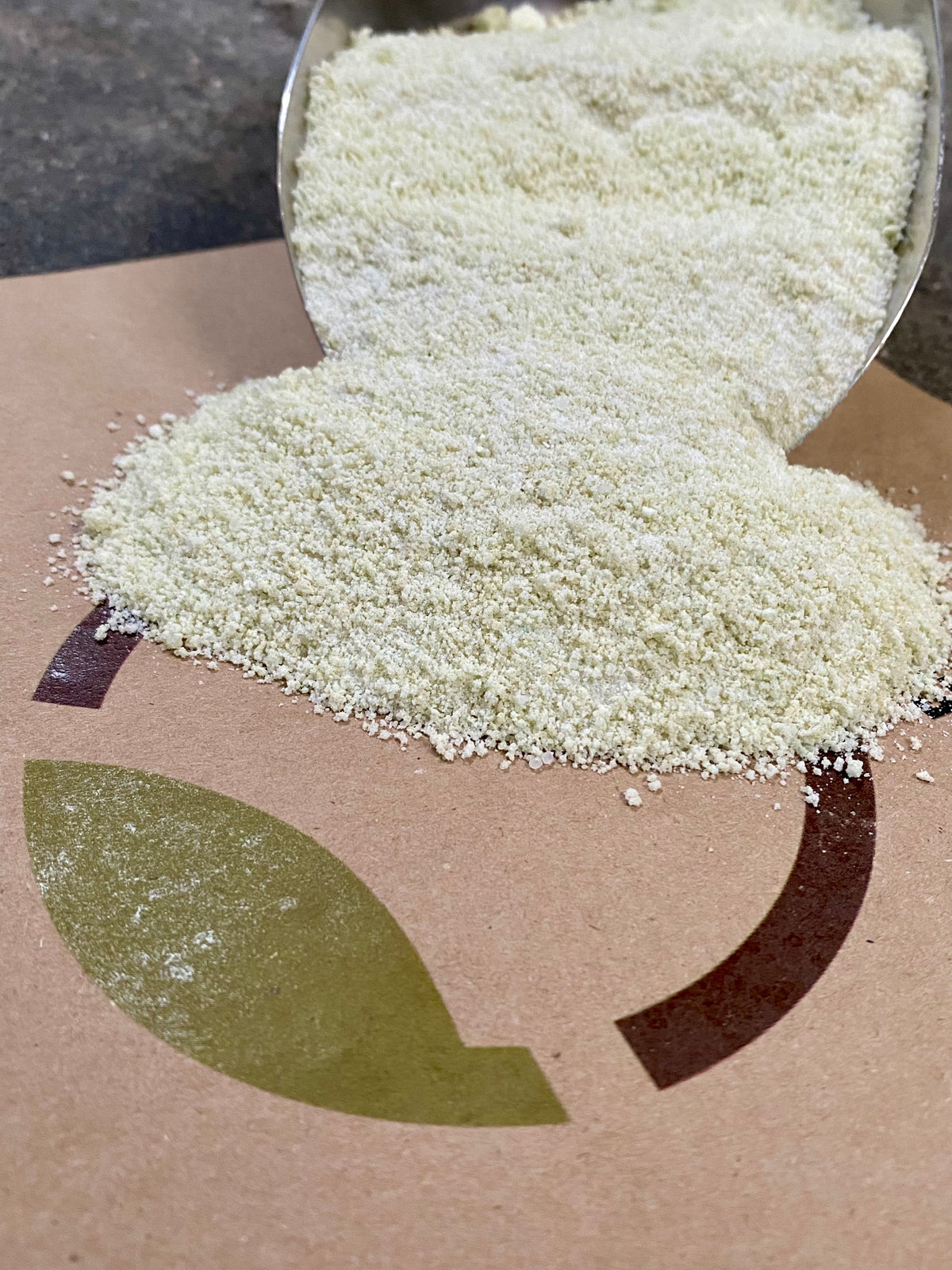Best Fertilizers for Peppers: A Comprehensive Overview to Boost Your Harvest
Wiki Article
Organic Vs. Synthetic Fertilizers: Which Is Best for Supporting Healthy And Balanced Pepper Plants?
In the world of nurturing healthy pepper plants, the choice in between artificial and natural fertilizers stands as an essential choice with far-ranging effects. While both alternatives purpose to provide important nutrients to support plant growth, the subtleties of their effect on the soil, plant health, and the environment trigger a dispute that echoes throughout the horticulture area. Comprehending the distinct benefits and prospective pitfalls of each plant food type is important for pepper growers seeking to optimize their yields while preserving a sustainable and eco-conscious technique.Benefits of Organic Plant Foods
Organic fertilizers supply a lasting and environmentally-friendly strategy to nourishing pepper plants, supplying vital nutrients without using artificial chemicals. These natural plant foods are stemmed from organic resources such as compost, manure, bone meal, and algae, promoting dirt health and biodiversity. Unlike artificial fertilizers, natural alternatives release nutrients gradually, guaranteeing a constant and balanced supply for pepper plants to grow.One significant benefit of natural plant foods is their ability to enhance dirt framework and water retention. By enhancing soil health and wellness, natural plant foods promote useful microbial task, which assists in nutrient uptake by pepper plants. Additionally, organic fertilizers minimize the threat of chemical run-off, protecting water sources from air pollution and guarding the atmosphere.
Moreover, organic plant foods add to lasting dirt fertility by promoting the growth of useful dirt microorganisms. These microorganisms assist damage down raw material, launching nutrients in a kind that is conveniently obtainable to pepper plants. best fertilizers for peppers. By fostering a healthy soil ecosystem, organic fertilizers support lasting pepper farming practices that benefit both plants and the environment
Disadvantages of Artificial Plant Foods
Synthetic fertilizers, in comparison to their organic counterparts, pose various drawbacks when used to nourish pepper plants, impacting both plant health and ecological sustainability. One significant downside of synthetic fertilizers is their propensity to seep nutrients from the soil quickly.Furthermore, the overuse of synthetic plant foods can add to water contamination. Excess fertilizers not taken in by plants can remove into water bodies, causing eutrophication, where algae flowers deplete oxygen levels in the water, harming marine life. In addition, artificial fertilizers are usually derived from non-renewable resources, such as nonrenewable fuel sources, adding to carbon discharges and ecological destruction during their manufacturing.
Nutrient Absorption Contrast
When contrasting natural and synthetic plant foods in terms of nutrient absorption, organic fertilizers have the advantage of supplying an extra balanced and slow-release resource of nutrients. Organic plant foods include a variety of macro and trace elements that are not just helpful for the plants but additionally advertise healthy dirt microbial task, which helps helpful resources in nutrient uptake.In addition, natural fertilizers enhance soil framework and water retention capability, allowing pepper plants to access nutrients a lot more successfully. This better soil top quality helps with origin advancement, making it possible for better nutrient absorption. Artificial plant foods, although at first enhancing plant development due to their high nutrient focus, might hinder lasting nutrient absorption by derogatory dirt health in time.
Environmental Influence Considerations

On the other hand, synthetic plant foods, although often even more right away offered and focused to plants, can have damaging effects on the atmosphere otherwise applied correctly (best fertilizers for peppers). Their production requires high energy inputs, bring about greenhouse gas exhausts and adding to environment adjustment. In addition, the runoff of excess artificial fertilizers can pollute water sources, bring about eutrophication and damaging marine ecological communities.
Ideal Fertilizer Practices for Peppers
When fertilizing pepper plants, enhancing nutrient uptake and minimizing environmental effect are essential factors to consider. To see this site attain this, it is crucial to comply with best plant food methods tailored to the certain demands of pepper plants. One crucial technique is to carry out a soil examination before using any kind of plant foods. This test can identify the pH degree of the soil and identify any nutrient shortages, leading you in selecting one of the most appropriate find more fertilizer formula.An additional vital practice is to fertilize pepper plants at the correct time. Usually, peppers gain from obtaining plant food at growing and after that once more when they start to flower. Over-fertilizing can result in nutrition inequalities and hurt the plants, so it is crucial to follow advised application prices.
In addition, selecting a well balanced plant food with an NPK ratio that suits pepper plants' needs is essential. Inevitably, combining synthetic and organic plant foods deliberately can help support healthy and balanced pepper plants while lessening ecological effect.
Conclusion

Organic fertilizers supply an environmentally-friendly and lasting technique to nourishing pepper plants, supplying important nutrients without the use of artificial chemicals. Unlike artificial fertilizers, organic alternatives release nutrients slowly, making sure a balanced and steady supply for pepper plants to flourish.
Synthetic fertilizers, in contrast to their organic equivalents, pose various drawbacks when utilized to nourish pepper plants, impacting both plant health and wellness and ecological sustainability. When comparing organic and synthetic fertilizers in terms of nutrient absorption, natural plant foods have the advantage of supplying a more well balanced and slow-release source of nutrients.Additionally, organic plant foods enhance soil structure and water retention capability, enabling pepper plants to accessibility nutrients much more efficiently.
Report this wiki page